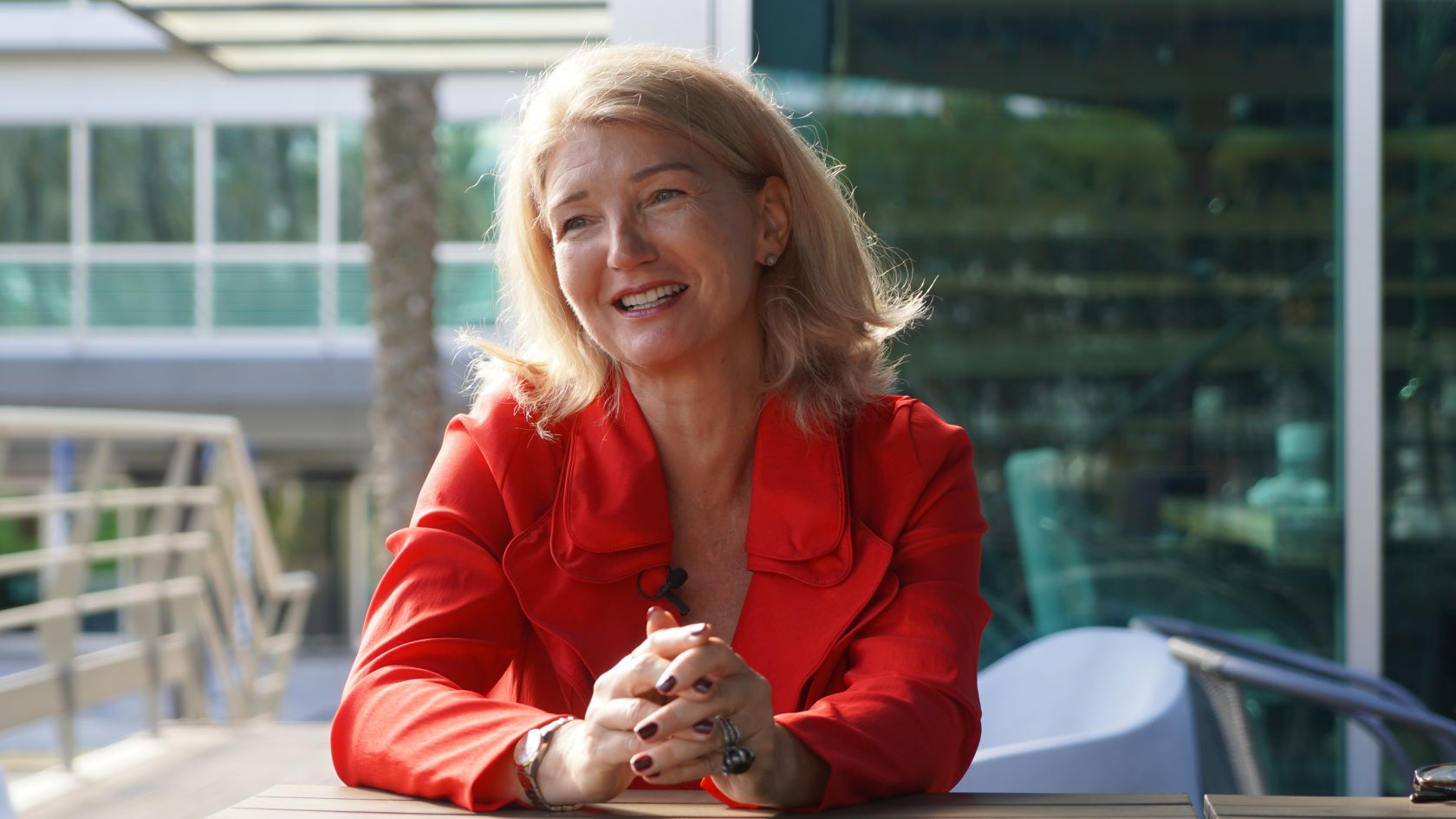In this interview, the founder of Migronis, Anatoly Letaev, and an expert on Golden Visa programs, Ilana van Huyssteen-Meyer, both discuss and answer the most popular and tricky questions on how to invest in funds in Portugal.
The first step for investors is choosing whether to invest in real estate or a private equity or venture capital fund. What are the pros and cons of these two options regarding taxation and risks?
Anatoly: With direct investment in real estate, there is a tax on rent from renting out the property and a tax on the capital gain if you resell it later. These taxes are 28% and consume a large part of the total return on investment.
Non-residents who choose to invest in a fund do not pay tax in Portugal on the yield received from these investments. However, they have to pay this tax in the country of their actual tax residency. If a person lives in Portugal, the tax on income from fund investments will be 10%, which is very low.
In the case of investing in a fund, it may feel a little riskier because someone else manages your capital. However, if you invest in property and don’t live in Portugal, you will still have to look for a management company to rent out your property. In either case, there is a catch. At least by investing in a fund, you can be sure that its team is personally interested in making you a profit. If you make money, they make money too.
If you compare investing in real estate with investing in a fund in terms of revenue, which is more profitable in the long run?
Anatoly: Suppose you buy an apartment in Cascais for €600,000, rent it out for €2,000 per month and pay 28% tax on that income. As the landlord, you will have to pay for many household maintenance expenses and may have downtimes when the apartment will not give you any profit but will require maintenance instead. By taking into account management costs, taxes, necessary repairs, and brokerage fees, your apartment will pay for itself in 25-30 years without considering the growth in the value of the property itself.
By investing in the same real estate market through a fund, you can estimate an average of 7-10% annual returns on average. Funds enter the market with significant capital and can invest in real estate at a lower cost and manage them efficiently, so the final return for the investor is higher.

A good example is one of the approved funds that invest in property development by the top developers in Portugal. Such a fund gets access to the development of properties at a very early stage, and because they often buy in bulk (a few units), their acquisition cost is lower, and they get to cherry-pick the best-located units. This advantage puts them in a favorable position to achieve higher rental returns, making the property easier to sell at the end of the term. On the other hand, a typical retail investor that buys the property directly, will have a limited access to the project and pay a premium.
When an investor buys property directly, the yield is lower, and more time is required to manage the investment. Investing in funds for real estate is attractive because it can bring a diversified income while not requiring investors to actively participate in managing the investment.
– What advice can you give to investors on choosing a fund? What do they need to know before deciding to minimize the risks?
Anatoly: First, you need to look at the fund’s portfolio and find out who its founders are. What did they do before in terms of business? What companies were involved?
Secondly, ask questions about the fund’s exit strategy. As an investor, your capital gain is only realized at the end of the term when the fund sells your assets, so knowing the fund’s exit strategy is essential.
Third, look at the fund's audit report and ask for a detailed explanation of the business model. Be sure to study the contract carefully, especially the fine print.
Ilana: All trustworthy funds will state that in their fact sheets and will be managed by approved fund managers who are regulated by the CMVM which is a regulatory fund investment body in Portugal. Reliable legally operating funds also have investment advisors, a custodian bank, and auditors, and can provide information about them.
– How else can investors protect themselves from risks?
Anatoly: It is important to understand the investor's priority: higher yield or capital protection. If fewer risks are more important, the investor should look at conservative directions for investing. For example, funds engaged in agriculture have a very clear business model, and everything is transparent and as safe as possible. However, the annual return on investing in these funds will be about 2%. If profitability is a priority, then there are areas where you can get an 8-10% on annual returns, but the risks may be higher.

– Which areas for investment can now offer the highest returns?
Ilana: The high-end real estate market is undersupplied, with huge demand, both in the investment and rental markets. This option creates a good potential for high stable yields and capital gains.
Higher yields come with different risks. A high-yielding asset that also provides capital protection is rare.
– How profitable and promising is Portugal in terms of fund investments?
Anatoly: Portugal still offers investors good returns on their investments. Areas of the country that had not developed for some time are now at the peak of their development. Business in the country is developing rapidly at the moment. The Golden Visa program and the NHR positively affected this growth, as it continues to attract investors to the local market. In addition, there are few restrictions and prohibitions in Portugal, and there is room for development, unlike, for example, in Spain.
However, conditions will not be equally favorable everywhere. There is, for example, the Azores, which is just beginning their active development and where the entrance costs are still low, but there are already overheated regions. Investors have plenty of options to choose from, and it is better to make an informed choice.
– How can Migronis help clients to find the most suitable fund to invest in?
Ilana: Migronis is a residency by investment agency and therefore we can not advise clients on their fund choice. We can however add value to the process by understanding a client's risk profile and presenting a few different funds that meet those criteria. We are actively engaged in the market and spend a lot of time understanding each fund´s investment strategy, fee structure, and exit strategy. We are uniquely positioned to introduce different opportunities to investors and their financial advisors.
The full version of this interview will be later available on the Migronis website.

















